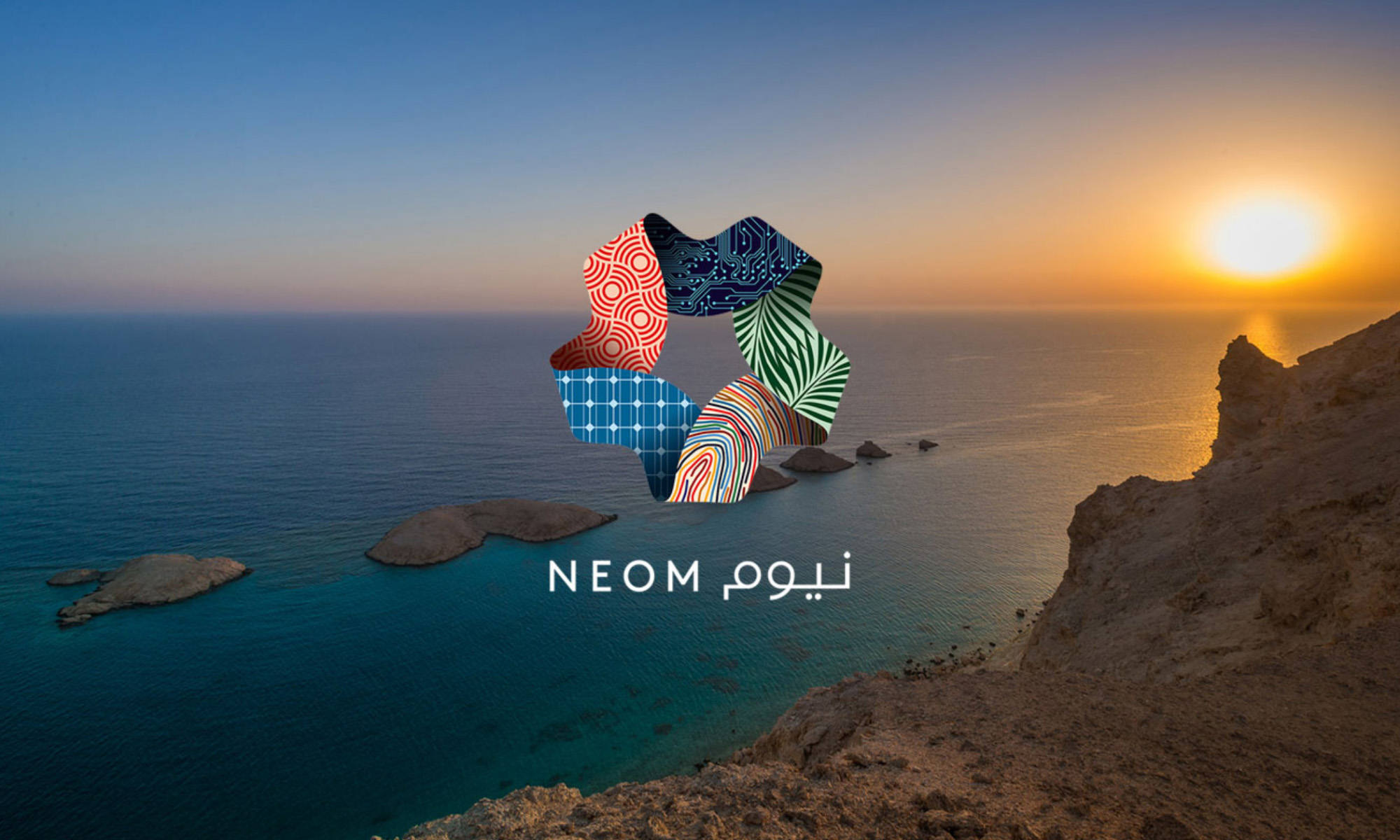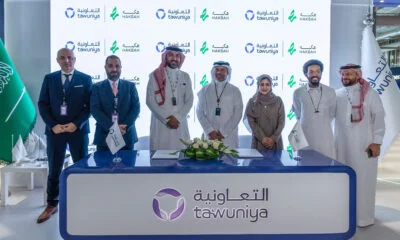News
NEOM Launches Accelerator To Support Saudi Entrepreneurs
The program will support small to medium enterprises and innovative businesses.

A new accelerator program called Seven Senses has been launched by the social responsibility department of NEOM, Saudi Arabia’s hyper-futuristic city development.
The program will support SMEs, as well as craftsmen and other professionals, with the aim of driving innovation and change in the NEOM and Tabuk regions.
نسعى لنترك أثرًا ونغيّر واقعًا ونبني مستقبلًا بجهودٍ مشتركة ومواهب شابة وأفكارٍ لا حدود لها، لنلهم بها غيرنا ونضع بصمتنا في يوم #المسؤولية_الاجتماعية #نلتزم_بمسؤوليتنا_الاجتماعية #نغير_الحاضر pic.twitter.com/EoOXPIDy9m
— المسؤولية الاجتماعية في نيوم (@NEOM_CSR) March 23, 2023
The accelerator program is welcoming applications until May 14. Although the Seven Senses program is open to anyone, officials are keen to encourage media, arts and culture, food, clothing, and new media projects.
The program will begin with a two-day entrepreneurial boot camp on May 28, where 150 entrepreneurs will receive training in business building, marketing, and attracting investors. After that, participants will present their ideas to an expert panel to compete for a place in the accelerator, held between late May and August.
Also Read: How To Create An Effective GPS Tracking Solution In The Middle East
“The idea of the NEOM accelerator program Seven Senses, which was designed after extensive studies of the market reality, came to support entrepreneurs and owners of emerging companies in the regions of NEOM and Tabuk through scientific and practical paths that contribute to developing their capabilities,” says Meshari Al Mutairi, Executive Director of Government Affairs at NEOM.
After completing the program, participants will enjoy priority access to entrepreneurial opportunities in the NEOM area, as well as lucrative investment opportunities.
News
HiFuture Wraps Up Successful GITEX GLOBAL 2024 Appearance
The electronics company wowed audiences at the world’s largest tech event with a range of wearable and smart audio devices.

This year’s GITEX GLOBAL 2024 in Dubai saw a huge number of startups, electronics firms, and innovators from around the globe gather for the tech sector’s largest event of its kind. One company making waves at this year’s expo was Chinese tech group HiFuture, which showcased a range of products with a focus on wearable technology and smart audio.
At the HiFuture booth, the company captivated attendees with cutting-edge smartwatches like the ACTIVE and AURORA, along with a range of powerful wireless speakers, earbuds, and even smart rings. Visitors were eager to check out the sleek new designs on offer and even had the chance to test out some of the products themselves.

Among the highlights were smartwatches combining dual-core processors with customizable options. The devices blended style and technology, offering health monitoring capabilities, personalized watch faces, and advanced AI-driven functionalities, giving attendees a taste of the future of wearable technology.
On the audio front, HiFuture’s wireless speakers left a lasting impression, offering rich, immersive sound in compact, portable designs. These speakers cater to both intimate gatherings and larger celebrations, offering versatility for users. Meanwhile, the company also showed off its Syntra AI technology, which it claims “revolutionizes health and fitness tracking by combining advanced optical sensors with intelligent algorithms for precise, real-time insights”.
Also Read: How (And Why) To Start A Tech Business In Dubai
The presence of HiFuture’s leadership team at GITEX 2024 underscored the importance of this event for the company, with CEO Levin Liu leading a team of executives, all keen to engage with attendees and offer insights into HiFuture’s vision, product development process, and future direction.
Overall, it seems that GITEX GLOBAL 2024 has been a rewarding experience for HiFuture. The enthusiasm and curiosity of attendees shown to the company’s diverse range of products was obvious, with the HiFuture team leaving on a high note and clearly excited and motivated by the event.




























